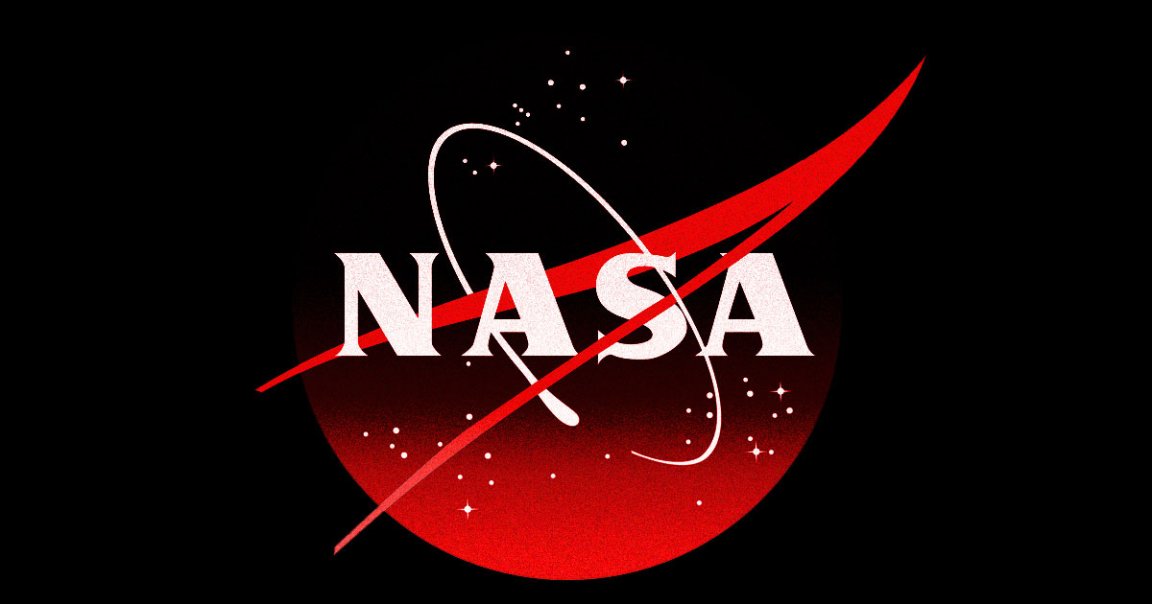
NASA’s workforce is undergoing brutal cuts under the Trump administration.
As Ars Technica‘s Eric Berger reports, around 750 NASA employees have accepted an offer to take “deferred resignation” later this year. The offer, inspired by White House advisor and multi-hyphenate billionaire Elon Musk’s mass cullings at Twitter, was an effort to encourage federal employees to resign by February 12 in exchange for getting paid through September. And that’s in addition to around 1,000 “probationary” employees at the space agency who will be fired outright by the Trump administration.
In other words, given the almost 18,000 workers at the agency — roughly ten percent of its workforce — has already been culled.
And while that’s already a significant reduction, NASA is expected to roll out further cuts in the coming months, sources told Berger.
Last week, Musk’s so-called Department of Government Efficiency rolled through NASA, auditing the agency’s spending. What changes the group will enact remains unclear.
“They are going to look — similarly to what they’ve done at other agencies — at our payments,” NASA’s acting administrator Janet Petro told reporters last week.
Things were already looking pretty grim at NASA following a chaotic few weeks of Trump’s attacks against “diversity, equity, inclusion, and accessibility” initiatives, with the agency even ordering staffers to remove all symbols of LGBTQI pride from their physical and digital workspaces.
One NASA source told Berger earlier this month that morale at the agency was “absurdly low.”
Now that Trump and Musk are employing what appears to be a corporate merger approach to indiscriminately slash budgets and workforces, the agency could soon look dramatically different.
Musk’s SpaceX may also determine what shape the agency will take going forward, regardless of an enormous conflict of interest. NASA has long been doubling down on public-private partnerships, which may take on an even more important role.
NASA’s plans for reaching the surface of the Moon as part of its Artemis program could also soon look very different. Earlier this month, aerospace giant Boeing warned hundreds of workers currently working on NASA’s Artemis Moon rocket that they could be laid off in the upcoming months.
The agency’s Space Launch System (SLS), an expendable heavy-lift launch vehicle, has been under development for well over a decade and has cost NASA billions of dollars in budget overruns. Insider sources told Berger in November that there’s an “at least 50-50” chance that the rocket “will be canceled” under Trump.
Musk has similarly argued that the “Artemis architecture is extremely inefficient,” accusing it of being a “jobs-maximizing program, not a results-maximizing program.”
Congress, however, is adamant that Artemis still makes sense in its current configuration.
“The first thing we need to do is establish what’s in the best interest of the United States of America, and that is beating the Communist Party back to the lunar surface,” representative Brian Babin (R-TX) told a conference last week, as quoted by Bloomberg. “The only way that’s going to happen at any time soon is with Artemis.”
Senator Ted Cruz also told the same conference that he plans to reintroduce a bill that would forbid any changes to be made to NASA’s Artemis program for at least a year.
But now that SpaceX’s CEO has assumed full control over the federal government’s purse strings, the future of the Artemis program remains up in the air.
Besides handing himself plush government contracts, Musk’s space company could benefit in other ways from going through NASA’s budget with a fine-toothed comb.
“Any access could provide Mr. Musk’s company… with insider information that would benefit SpaceX at the expense of that company’s competitors and the taxpayers,” representative Grace Meng (G-NY) wrote in a letter addressed to Petro last week, calling a “visit” of DOGE at the agency “wildly inappropriate.”
More on NASA: Trump’s Anti-DEI Agenda Could Put Astronauts in Real Danger